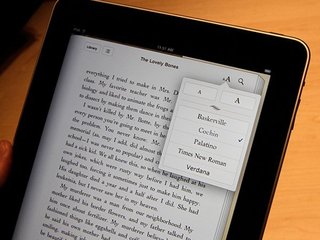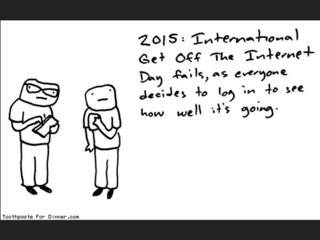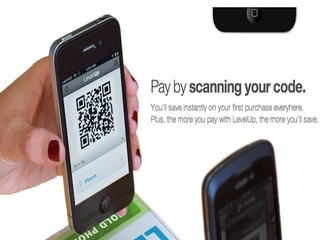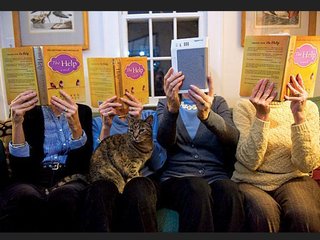DUOS expands AI capabilities to help seniors apply for assistance programs
It will complete and submit forms, and integrate with state benefit systems
Read more...
Smart homes are on the horizon, but there are still lots of hurdles to get past. Take, for instance, my sprinkler system. I have one, but I have no idea how it works—with all its weird little knobs and wires. So while my lawn dies, I’m eagerly awaiting a system that will let me fine-tune my water usage from an app on my phone. But I might have a long time to wait, according to the findings of a survey released Friday by the Pew Research Center’s Internet & American Life Project, which polled over 1,000 experts on their vision of the future of smart homes. The prospects aren’t promising.
While 51% of respondents were optimistic that by 2020, the connected household will be a reality and a model of energy efficiency, 46% disagreed—strongly. Interestingly, most of the written explanations for their views came from the pessimist camp, which touched on issues ranging from the complications of trying to connect different systems together to the possibility of hacking.
Nevertheless, the technology is moving forward. There is, of course, the Samsung LCD refrigerator with apps, which came out last summer and comes with apps like Picasa for your family pics, Pandora so you can listen to music while you make dinner, AP in case you want to read the news on your fridge, and more. 
And back in February, Samsung also unveiled its new Android-connected “smart oven,” dubbed “Zipel,” which allows you to use your Android phone to set the oven exactly the way you want it. It also comes with a nifty feature that displays the number of calories of whatever you’re cooking.
Another“smart appliance” is debuting this month—a new rice cooker from Panasonic that connects with your Android phone so you can control the timing and settings right from your phone.

All of these smart appliances connect with your phone, but will there ever come a point where they’ll be able to communicate with one another? That’s where things get dicey.
“Smart homes are on their way, but this development is being delayed. Not so much by lack of trust as by lack of alignment of the key players—utilities, ISPs, manufacturers,” said Charlie Firestone, executive director of the Communications and Society Program at the Aspen Institute.
One anonymous respondent pointed out that there are still a lot of technical kinks that need to be worked out:
“I’ve worked in automated metering infrastructure for three years and understand these systems from circuit boards to consumers. Very few of the promised benefits have materialized after five years of deployment, especially with energy savings.” The respondent explained: “In 2011, the smart grid vendor I work with has chronic problems and rarely performs as expected. We spend days correcting systems and utility bills. Quality control is not robust, and foreign outsourcing of circuit boards and software has driven costs very high due to chronic quality issues.”
He added: “Utility workers are basically honest and committed people, but the bottom line of the corporation will always be to increase consumption.”
Janna Anderson, director of the Elon Center and co-author of the study, noted: “The barriers that were most cited by respondents included the high costs of retrofitting existing homes and infrastructures and the fact that leading industry players may not see enough profit in smart systems. Some said people will not want top-down monitoring of their resource consumption – that smart grids can be seen as an intrusion on privacy and a potential threat to individual freedom. A few said ‘dumb’ homes are easier to live in than ‘smart’ ones.”
There’s also the added concern over the potential for hacking. Jerry Michalski, president of Sociate and consultant for the Institute for the Future, pointed out that “diabetic Jay Radcliffe recently hacked into his own wirelessly enabled insulin pump, changing his dosage.” Having your computer hacked is invasive enough—having your home hacked is terrifying.
But then again, if the potential for hacking had been pointed out back when computer filing systems were just taking off, we never would have moved beyond the filing cabinet.
The fact is that the technology is already there—we just need to find a way to implement it, which WILL happen sooner or later.
“Our houses will be IP-connected. This is a fact,” said Richard Titus, a venture capitalist at his own fund, Octavian Ventures. “There will be some amazing products built on top of this platform, and I’m excited to see what they are.”
Image sources: johnhartrealestate.com, samsung, etechmag.com
It will complete and submit forms, and integrate with state benefit systems
Read more...The bill would require a report on how these industries use AI to valuate homes and underwrite loans
Read more...The artists wrote an open letter accusing OpenAI of misleading and using them
Read more...



